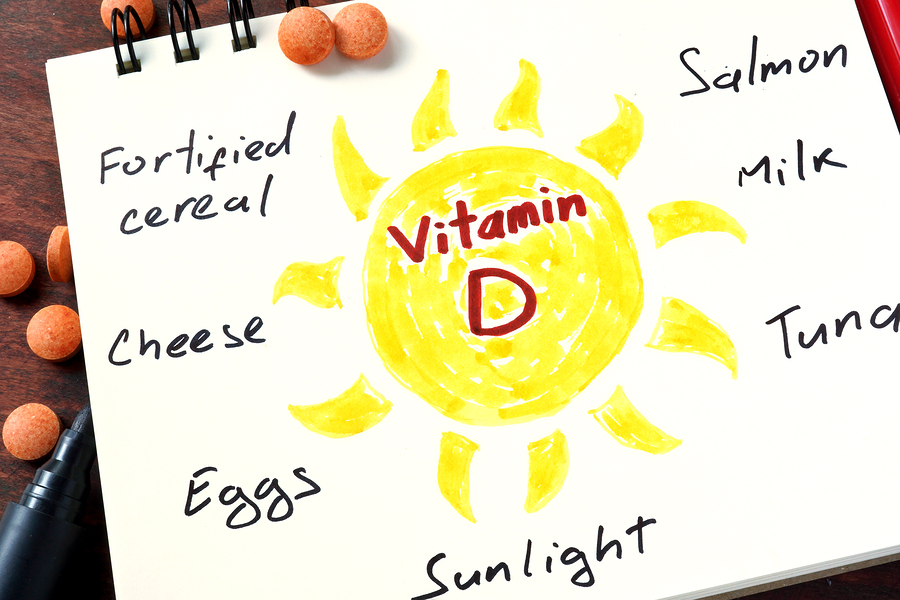- Make It Yourself Lavender Heart-Shaped Bath Bombs!
- 20 Things You Never Knew About “Down There”
- 12 Best Foods For Those Suffering From Arthritis Pain
- 12 Personal Hygiene Mistakes Almost Everyone Makes (Mom Never Told You About #4!)
- 15 Medicinal Plants And Herbs From The Cherokee People
- 12 Mind-Blowing Benefits Of Drinking Coconut Water During Pregnancy
- 12 Outstanding Winter Foods That Won’t Fatten You Up Like A Christmas Turkey
Treat Your Seasonal Allergies Naturally!

Photo credit: bigstock.com
3. Vitamin D
A correlation between Vitamin D deficiencies and respiratory ailments has been observed, making it reasonable to expect that a relationship between insufficient intake of this vitamin and seasonal allergies and asthma would also be observed. One study took nearly 1,000 asthmatic juvenile subjects and conducted serum 25-hydroxyvitamin D tests (which convey the body’s entire vitamin D reserve). It was observed that eczema, asthma, and allergy-based rhinitis were significantly higher amongst children suffering from vitamin D deficiencies. IgE marker testing further revealed that children with lower vitamin D scores produced more IgE. Again, IgE is an antibody the immune system generates in response to allergy-inducing materials.
Another study examined the synergistic effects of vitamin D and probiotics on children affected by allergic rhinitis and those who indicated sensitivity to grass pollen. During this randomized, placebo-controlled trial, children were issued either probiotics and vitamin D supplements or placebo equivalents. Members of the former group experienced a reduction in allergy symptoms.
4. Pycnogenol
When oxygen reacts with other compounds in the body, uncharged, highly reactive molecules called free radicals are often generated. Free radicals are believed to play a role in the pathology of everything from accelerated aging to cancer, but research has shown they’re also involved in discharging histamine from the body’s mast cells, which are white blood cells involved in immune response. Histamine is responsible for the scratchy throat, itchy eyes, and leaking nose that burdens sufferers of seasonal allergies, and most anti-allergy medications work by inhibiting its production. Pycnogenol, derived from the French maritime pine tree, is efficient at eliminating free radicals. The relationship between pycnogenol and free radicals led to researchers studying whether the pine extract could mitigate allergy symptoms. A double-blind, placebo-controlled trial found that pycnogenol did indeed lessen histamine production as anticipated, and consequently the patients’ allergic responses as well.
A second placebo-controlled study examining the effects of pycnogenol on rhinitis gathered 39 subjects who routinely contracted allergy symptoms at the onset of allergy season. The patients were split into two groups, one of which was supplemented with pycnogenol for five to eight months before birch allergy season began. Not only did this group experience reduced allergy symptoms in comparison to those who had received the placebo, but their IgE antibody output for birch pollen increased by 19.4%, while the placebo group comparatively experienced a 31.9% increase of the same. Researchers further inferred that the sooner patients began pycnogenol supplementation before the allergy season began, the more it offered protection.
Continue to Page 3
































